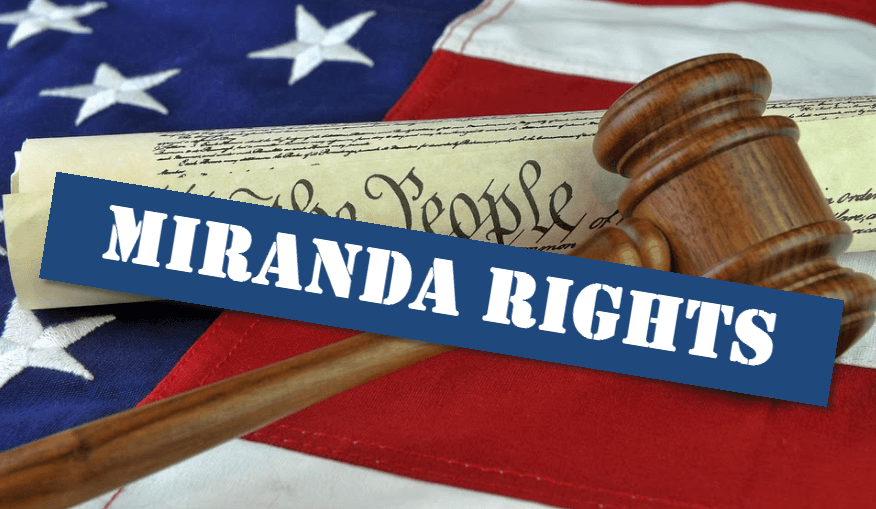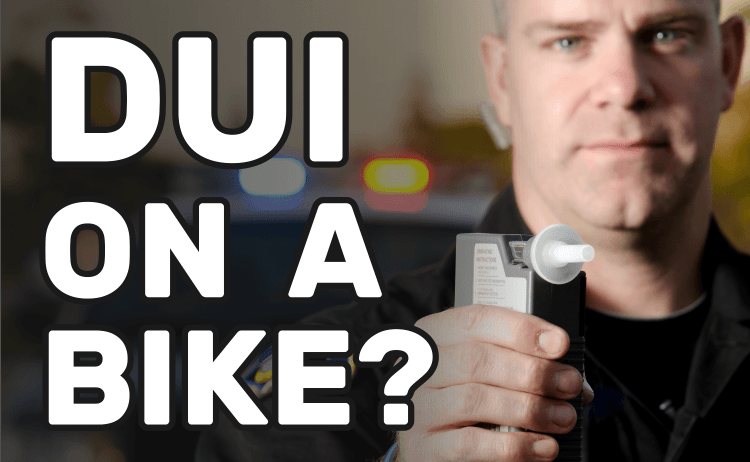Updated: February 18, 2024
In most states, a first DUI offense can result in a one-year suspension of a commercial driver’s license (CDL). A CDL can also be suspended for a year if a CDL holder refuses to take a chemical test after a DUI.
A recent DUI arrest can also result in a summary suspension, regardless of whether the CDL holder was driving a commercial vehicle.
CDL drivers in 2024 are required to submit to blood-alcohol level tests following a DUI charge. The BAC limit for a CDL holder is 0.04 percent, compared to 0.08 percent for regular drivers.
A DUI lawyer can help a CDL holder avoid a lengthy license suspension and obtain a clean driving record. A defense lawyer can also help a CDL holder get the best results by reviewing all evidence.
In addition, anyone with a Hazmat endorsement is subject to additional rules.
How Can I Keep My CDL After a DUI?
After a free arrest review, a local DUI defense attorney who specializes in CDL cases can help you avoid a lengthy suspension and get a clean driving record.
Here are some ways to avoid a CDL suspension after a DUI:
- Beat the DUI: A DUI lawyer can help you contest charges to prevent losing your CDL. A defense lawyer will look at all of the evidence and work to get you the best results.
- Have the DUI reduced: You can have the DUI reduced to a lesser offense, such as reckless driving.
- Complete an alcohol awareness program: Some local commercial drivers may be eligible to complete an alcohol awareness program and have their CDL reinstated after a ten-year suspension period.
- File a petition to rescind: The legal process for challenging the summary suspension is a petition to rescind. You have the right to a court hearing within 30 days. If the arresting police officer doesn’t appear in court, this may cause the summary suspension to be rescinded.

The only way how to avoid a DUI arrest from affecting a CDL license from automatically getting suspended, is utilizing expert legal help with a reputable DUI, DWI lawyer nearby who is experienced in winning DUI cases with CDL drivers in your local jurisdiction under 2024 DUI laws.
Do I Have to be Driving a Commercial Vehicle during DUI Arrest?
No, even if you are driving your personal vehicle when stopped for a DUI, any penalties and fines handed out will affect your CDL status.
If you are driving the commercial vehicle, you should know that the blood alcohol content (BAC) is lowered to .04 percent in most states (compared to .08 percent for a regular vehicle).
Is There a Difference Between Revocation and Suspension?
Yes. If your state mandates a license suspension, your license will be returned to you after the suspension is served.
On the other hand, if your state mandates a license revocation, you lose the license outright and will have to reapply for the CDL once the revocation period is over.
What If I Refuse Chemical Testing?
It is your right to refuse chemical testing after a DUI stop, but most states are implied consent states, meaning there is some type of penalty and/or fine in place regardless of the outcome of the case.
In most states, this will be at least a one-year license suspension or revocation. This, of course, applies to both your personal vehicle and your CDL.
In Conclusion:
The time to defend a DUI with a CDL license successfully, is limited to a very short period after an arrest happens. A person must know what case-specific options they have to avoid a CDL disqualification from taking effect under the current law.

Taryn J. White is a legal research specialist and DUI law news reporter. Her current accomplishments include helping those facing any driving under the influence arrest charges, get free online assistance in learning how to fight a DUI case for the best possible outcome.



